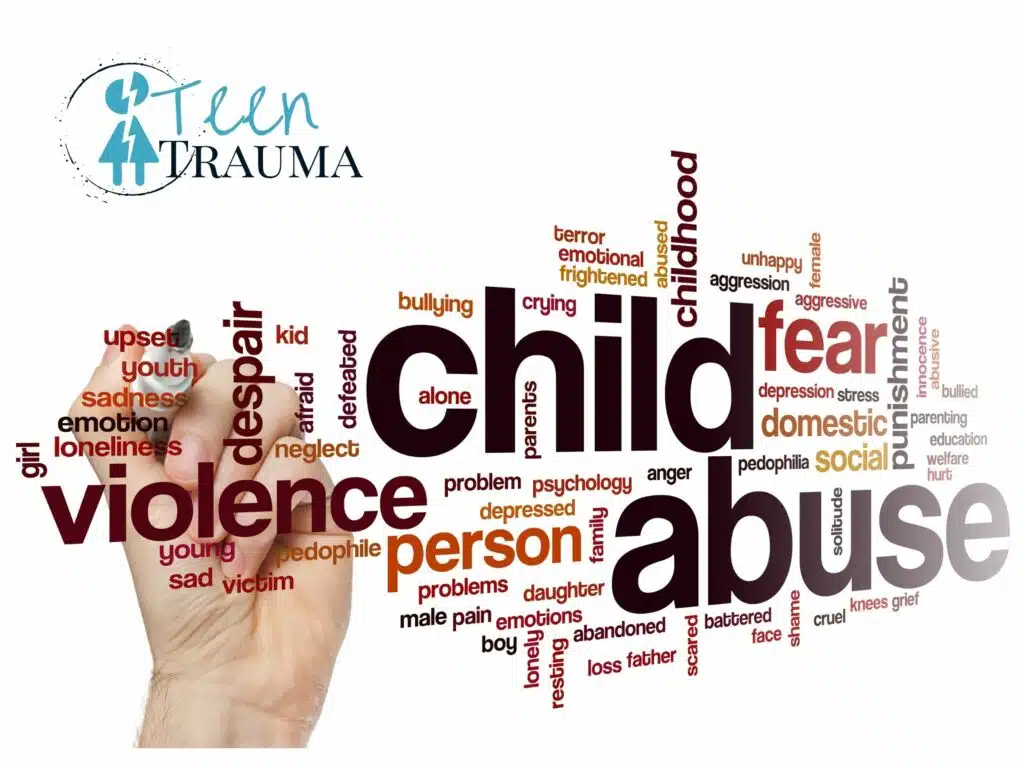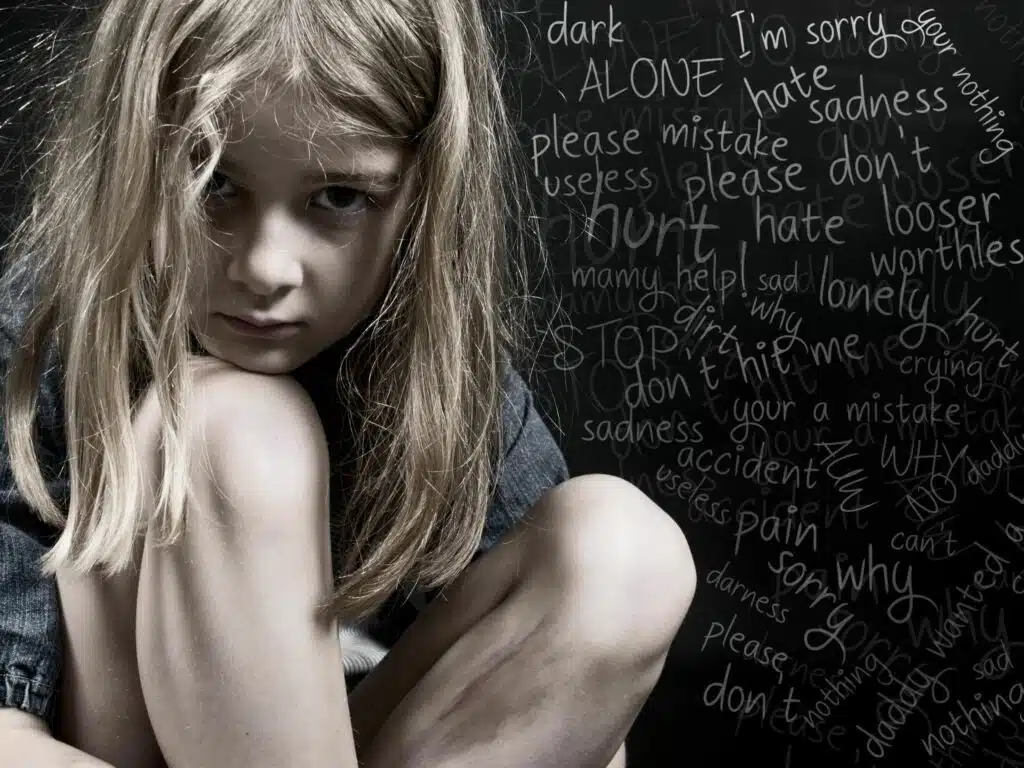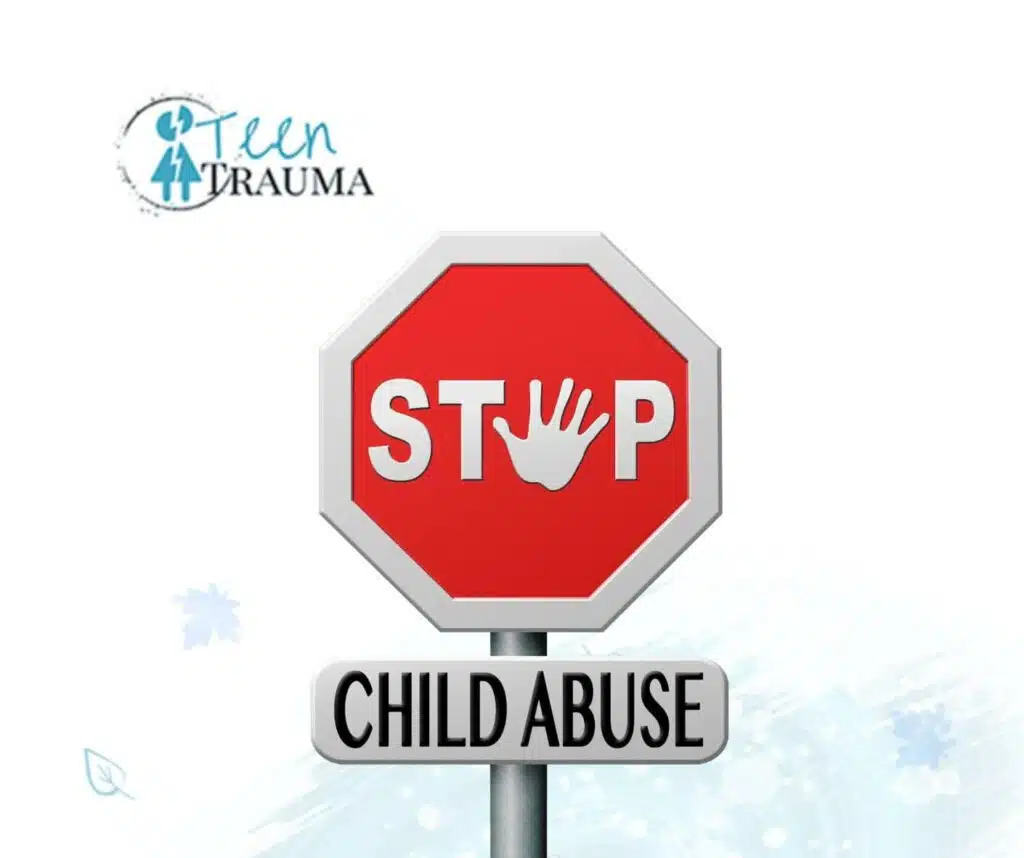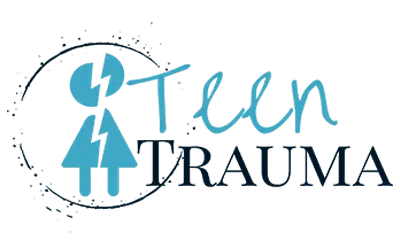When the Unthinkable Happens Part II: Emotional Child Abuse and Neglect By a Parent or Caregiver
When a parent or caregiver is accused of child abuse, the first thought that comes to mind is that the parent has been physically hitting the child. There’s no shortage of reports about children being brought to emergency rooms with serious injuries caused by a caregiver. But not all abuse is physical.
In fact, emotional child abuse and emotional neglect is in some ways worse than physical abuse because it does not leave visible injuries.
What are Examples of Emotional Abuse?
Recognizing the Signs of Emotional Abuse in Children
Emotional abuse primarily involves constant verbal assaults directed at a child by a parent or caregiver. Emotional abuse may also be inflicted by a sibling or relative with whom the child is in frequent contact.
Examples of emotional abuse include:
- Belittling the child (“you’re stupid, just like your father” or “can’t you do anything right? You’re so useless”)
- Threatening the child (“I’ll beat you to a pulp if you leave this house” or “I’m sending you to boot camp and I don’t care what happens to you there!”)
- Blaming the child (“If it wasn’t for you, I’d still be married and I wouldn’t have to work two jobs” or “you’re the reason I never finished college. I wish you had never been born”)
- Humiliating the child (“Why are you such a big baby! Eight years old and you’re still wetting the bed. Keep it up and I’ll tell your friends you wet the bed every night!)
- Exposing the child to domestic abuse (when a parent remains in an abusive relationship and allows the child to consistently witness the abuse, that is emotional abuse)
- Calling the child names/making fun of the child (“Hey, four-eyes, can’t you see it’s right in front of your face?” or “If you get any fatter, you’re going to start breaking those chairs”)
Words do not always have to be spoken by emotionally abusive parents. A particular parenting style called authoritative parenting” is often the cause of childhood emotional neglect because the parents are overly strict, controlling and distant. They tend to severely limit physical contact with their child (no kisses, hugs or bonding moments) and consider obedience from the child as their top priority.
Emotional neglect is just as traumatizing to a developing child as emotional abuse.
Emotional child abuse and neglect is in some ways worse than physical abuse because it does not leave visible injuries.
teentrauma.com Tweet
What are Examples of Child Neglect?
Emotional abuse and physical abuse provoke starkly different scenes of parents or caregivers maltreating their children. Child neglect usually involves the failure of the caregiver to properly feed, clothe and house the child. While the parent may not hit the child or yell at them, a parent can neglect to ensure a child has enough to eat, clean clothes to wear and access to personal hygiene items.
In most cases of child neglect, the parent is addicted to drugs or mentally ill and cannot take proper care of the child.
An example of child neglect involves 23-year-old Sara, a mother to two small children and a drug addict.
Sara has a five-year-old and a two-year-old. She gets child support from the children’s father and qualifies for SNAP benefits. She lives in a rundown, one-bedroom house in rural Ohio that belongs to her grandmother, so she doesn’t pay rent. Sara is addicted to heroin.
She lets dealers and other addicts use her home to shoot up and buys only junk food with her SNAP benefits. Her children are left to fend for themselves. They rarely have clean clothes, take baths or eat healthy food.
Although Sara does not hit or yell at them, her children are severely neglected. At the time protective services remove the children from the home, they are covered in dirt, have lice crawling on their scalps and scabies sores covering their arms and legs.
Child neglect is emotional child abuse that inflicts the same, serious psychological trauma on children as physical abuse.
A comprehensive study published in the journal JAMA Psychiatry investigated over 2000 children attending a camp for low-income families and found that kids suffering emotional child abuse felt the same degree of emotional neglect or mistreatment as child victims of physically or sexually abusive parents.
In addition, researchers stated abused children attending camp had anxiety disorders, major depression, symptoms of conduct disorder and aggressive personalities.
Emotional neglect is just as traumatizing to a developing child as emotional abuse.
teentrauma.com Tweet
Recognizing Signs of Emotional Abuse in Children
Child Emotional Abuse by a Parent or Caretaker
A parent or caregiver can begin emotionally abusing children as young as a few days old. Psychological and cognitive consequences of continual emotional abuse or neglect can emerge as soon as a child is one year old. An emotionally abused toddler or preschool child will exhibit similar signs to older, neglected children.
These include:
- Avoiding eye contact with their abuser
- Acting disinterested in toys and games they once liked to play with
- Experiencing frequent nightmares or night terrors that prevent them from sleeping through the night
- Exhibiting aloof, apathetic or “flat” behavior (an emotionally abused child may simply shrug their shoulders if a teacher tells them they won a classroom award)
- Presenting immature or overly-mature behavior for their age. Children of authoritarian parents often act robotically and rarely change their facial expressions. Alternately, a five-year old may defecate in their pants, suck their thumb or cling unnaturally to their abusive parents.
- Having developmental delays involving cognition, communication (stuttering, word choice, lack of insight) and social behavior with peers
- Developing an eating disorder (could be anorexia, bulimia or pica)
Emotional abuse symptoms in children older than 10 include:
- Telling peers they hate their abusive parents but not explaining why they hate them
- Frequently putting themselves down (“I won’t pass the test. I’m too stupid” or “I look dumb in anything I wear”)
- Trying to please everyone/wanting everyone to “like” them (fear of abandonment). In contrast, some victims of childhood emotional neglect act extremely introverted and distant.

- Getting into fights with peers, bullying and/or hurting younger siblings
- Inability to take compliments from teachers or adults. They may start crying, become angry or claim the adult is lying.
- Engaging in self-harming behaviors, such as cutting or compulsively pulling out their hair
- Consuming alcohol and drugs (substance addictions can occur in emotionally abused children as young as 11 or 12)
Emotionally abusive parents also share similar characteristics. They may:
Show little concern for their child. For example, an abused child may have flu symptoms but the parent will send them to school anyway, telling the child “You’re faking it. There’s nothing wrong with you. Why don’t you grow up and act your age for once?”
Tell teachers that it is OK for them to harshly discipline the child. “He’s a bad kid and needs to be disciplined if he acts up. He acts up at home all the time and I can’t do anything with him”.
Demand their child achieve higher levels of academic or athletic outcomes than the child is capable of. “Are you so stupid that you can’t get an A in such a simple class as English?” or “You really are the worst player on the team! Striking out twice in a row? You’ll never amount to anything in life!”
Suffer from mental health disorders. Abusive parents were often abused as children. Major depression, severe anxiety, bipolar disorder and substance addiction are common psychological problems affecting a parent or caregiver who is emotionally abusing a child.
In contrast, some victims of childhood emotional neglect act extremely introverted and distant.
Emotionally and physically abusive caregivers are also prone to having a personality disorder. Parents with borderline, narcissistic or histrionic personality disorders consistently view themselves as victims when confronted with a problem they have clearly caused.

They take no responsibility for the negative consequences of their actions by lying, manipulating and deceiving family members, friends and even strangers. There is always a “reason” why their emotionally abused child “acts out” or is failing school, but that reason never has anything to do with them.
Similar to the way a physically abusive parent explains their child’s bruises (“he’s always tripping over his feet–he’s so clumsy”), an emotionally abusive parent will immediately offer comparable reasons.
Denial is one of the Freudian defense mechanisms we use to maintain our psychological equilibrium. When we are on the brink of acknowledging something so disturbing and horrible that it could potentially threaten our sanity, we simply repress and deny it.
We tell ourselves that since it never existed or happened, then there is no reason to think about it. Moreover, denial not only represses thoughts but it also represses emotions associated with these thoughts. This is why emotionally abusive parents can say the most terrible things to their child and not feel remorse or regret.
Although it rarely happens, child protective services can remove a child from the home if a parent is found to be severely emotionally abusive. However, just like physical abusers, emotional abusers will adamantly deny that they need psychological treatment.
They may be given a standardized questionnaire to complete so that a psychiatrist can evaluate their answers. Some states require a psychiatric assessment of the parent to mandate removal of a child. In cases involving an abusive parent who is found to be so mentally ill that they are a danger to themselves or others, they may be legally coerced into treatment.
They may also be told they won’t get their child back unless they complete treatment and are clinically determined to be competent as a parent.
What Happens to Victims of Childhood Emotional Neglect?
The National Institutes of Health (NIH) report that adult victims of emotional child abuse are three times as likely to suffer from borderline, paranoid and avoidant personality disorders than adults who did not endure emotional abuse as children.
Personality disorders make it extremely difficult for someone to develop close relationships, enjoy a meaningful social life, pursue a desired career and avoid escaping into drugs and alcohol. They are unable to trust others, continually experience failure or loss due to low self-esteem and may be overwhelmed with flashbacks of the abuse and other PTSD symptoms.
Unfortunately, an emotionally abused child is at risk of becoming a parent who emotionally abuses their child. Although research indicates that most abused and/or neglected children do not perpetuate the same behavior as parents, they are still more likely to abuse their child compared to adults who were not abused.

Psychologists suggest that this cycle of child neglect is the result of a child learning early in life that yelling at and belittling a child is simply the accepted method of parenting. Alternately, children who do not experience emotional child abuse until they are teenagers have a significantly reduced risk of becoming abusive parents.
If you or someone you know is having mental health problems and can no longer parent a child properly, help is available today. Emotionally abusive parents who get professional counseling and addiction treatment (if necessary) can stop the cycle of child neglect and take steps to ensure their child is given the love, nurturing and respect they deserve.
If you are parent that needs help, call the National Parent Helpline.
If you are a child or teenager who needs help you can text, call (1-800-4-A-CHILD) or go to Child National Abuse Hotline.
Help Raise Awareness and Stop Emotional Child Abuse and Neglect

You can help!
Share this image, our infographic, this article or any other image on this page on your favorite social media platform to raise awareness about child abuse and neglect.
Click the Button Below to View the Emotional Abuse Examples Infographic











